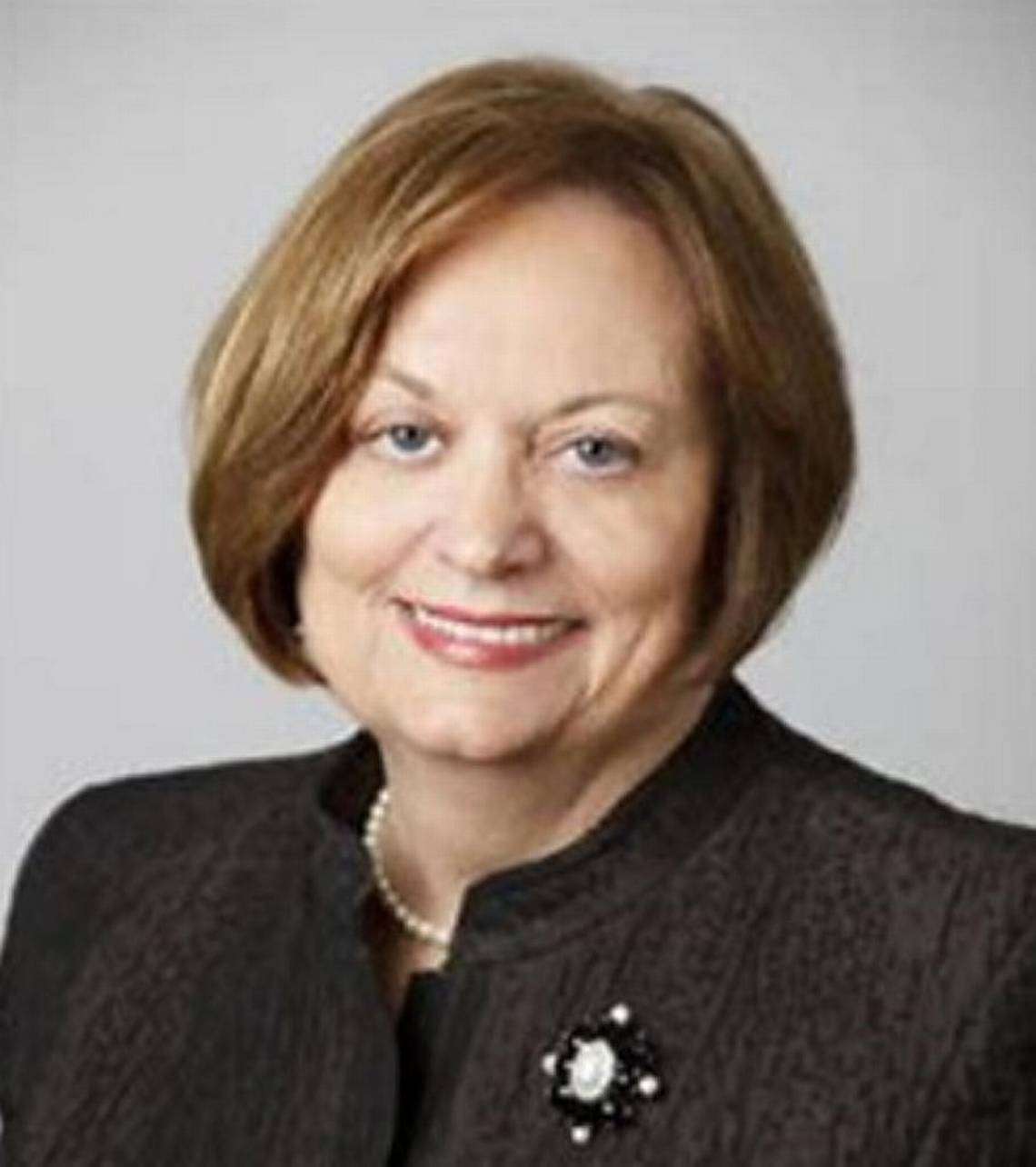
Not long ago, school board elections were low-key races, required by state law to be nonpartisan. Candidates were retired school personnel, parents or others recruited to run because they were actively involved in local schools or the community.
Today, candidates may still be all that but, in a number of districts, candidates also are endorsed by a national political party and benefit from funding or in-kind support from national and state Political Action Committees.
Identifying as Republican or Democrat may be helpful for candidates in the 665,000 student Los Angles school district but in Kansas fewer than 10 districts have more than 10,000 students and one-third of the state’s students attend a district of fewer than 500 students. In most districts candidates are personally known in their communities, not simply by their political affiliation.

Yet, not only are the national parties in some counties endorsing candidates, when there is more than one board position open, “block” voting, a strategy to convince voters to choose all candidates of one party, is the goal.
In these districts elections are no longer about individuals and issues are no longer about school finance, overall planning and student achievement. Now issues involve COVID vaccinations, mask wearing and teaching history using Critical Race Theory—national wedge issues that divide the major parties along ideological lines.
For example, last week, Republican U. S. Representative Ron Estes appeared in Andover to encourage votes for Republican backed candidates.
The national 1776 PAC which opposes teaching CRT has publicly endorsed 13 candidates in Kansas most of them running in the Kansas City suburbs. Active state level PACs include Bluestem Kansas, United Teachers of Wichita and Kansans for Life which has endorsed 40 school board candidates across the state.
When people vote based on social media and political mailers, they often don’t dive into the issues. The Kansas State Department of Education has repeatedly announced that CRT is not part of the state standards. It’s illegal to treat people differently because of their race, so the concepts of equity, respect for diversity and inclusion are taught according to state and federal law.
If a school receives accusations about CRT or how social studies/history is being taught, the school board has power at the local level to examine the concern and involve teachers, parents and the community in resolving the issue.
National party endorsements, PAC support and block voting “game” the system when they turn state-mandated nonpartisan elections into partisan races.
Nonpartisan school board elections encourage grassroots democracy. They keep public school decision-making local.
The influence of PACs and national parties can tilt the playing field by emphasizing stand-off issues at the expense of local needs.
Kansas stands to receive about one billion dollars of COVID relief for public education.
We can study the candidates individually and vote for those who will work together to address teacher shortages and COVID related learning loss. Board members who will make our school buildings safe and secure and provide each student with learning technology and internet connection.
Or—we can vote based on over-simplified, hot-button disputes and continue fighting about CRT, vaccines and masks.
Gaming the system always has been part of American politics.
This gaming isn’t illegal, but it does make it difficult to teach our students to play by the rules.
Sharon Hartin Iorio is Dean Emerita Wichita State University College of Education.






